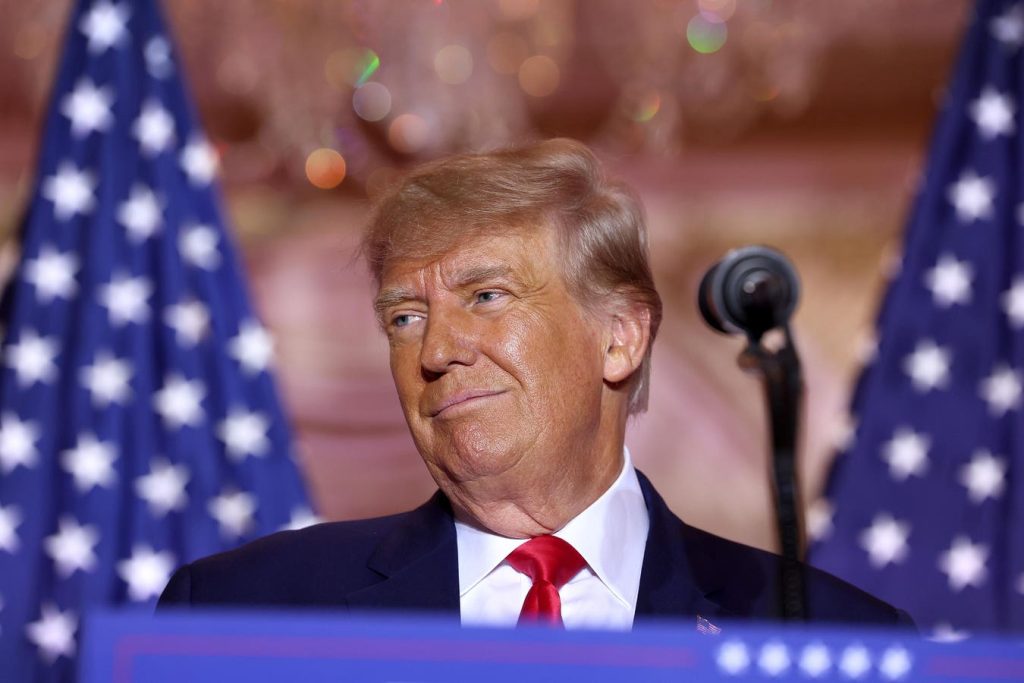As Donald Trump prepares to return to the White House, expectations are high among artificial intelligence executives and investors in Silicon Valley for a more favorable environment for AI startup companies. Leaders in the AI industry are anticipating looser regulatory mandates and more relaxed export controls under the new administration. The return of full acquisitions of AI startups by tech giants is also expected to resume, as concerns over antitrust scrutiny may diminish.
Two leading AI research labs, OpenAI and Anthropic, along with CEOs of major corporations like Google and Meta, have expressed optimism about the future of AI development under the Trump administration. They are looking forward to working with the government to advance U.S. leadership in AI while addressing potential safety issues associated with cutting-edge AI systems.
One of the key areas of focus for the new administration will be the repeal of President Biden’s executive order on AI, which aimed to establish a regulatory framework for the generative AI industry with a focus on safety and national security. Critics of the order deemed it burdensome and stifling, prompting calls for revisions under the Trump administration. Trump’s campaign platform emphasizes a more innovation-friendly approach to regulating AI, rooted in principles of free speech and human flourishing.
The AI industry is hopeful that the Trump administration will prioritize addressing the risks posed by AI to national security, following important strides made by the previous administration under Trump. Industry stakeholders, CEOs, and business leaders have already begun collaborating with Trump’s transition team to shape policies that support U.S. manufacturing and innovation in AI. The loosening of antitrust scrutiny is also expected to pave the way for increased acquisitions of AI startups by tech giants like Google, Amazon, Microsoft, and Meta.
The balance between AI safety and innovation will be a key priority for the Trump administration, as they navigate complex issues related to regulatory frameworks, export controls, and international collaboration. The fate of organizations like the U.S. AI Safety Institute and initiatives like the Future of AI Innovation Act will be closely watched as the administration sets its AI policies. Finding the right balance between regulation and industry-friendly policies will be crucial for fostering safe innovation and maintaining U.S. technological leadership in AI.
Internationally, the U.S. will need to engage with global partners like the United Kingdom and the European Union to shape regulatory frameworks for AI. The Trump administration’s approach to AI governance will have far-reaching implications for the industry and could determine whether the U.S. has a seat at the table in shaping regulations for this powerful technology. As the administration’s policies take shape, stakeholders in the AI industry are cautiously optimistic about the potential for continued growth and innovation under Trump’s leadership.


